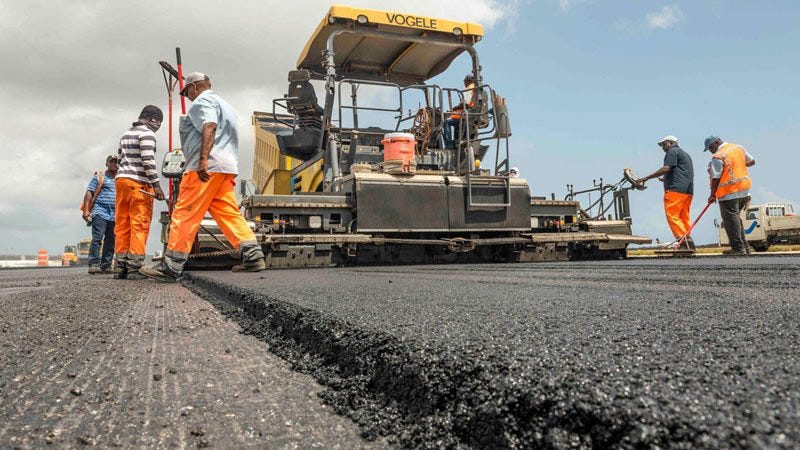Covid-19 Unmakes China’s Belt and Road Initiative
Pandemic’s tide recedes to uncover wide range of existing problems across the world

By: Salman Rafi Sheikh
China’s flagship global projects under the banner of Belt & Road Initiative (BRI) are coming under increasing scrutiny worldwide, including even in countries such as Pakistan where worth billions of dollars of ventures under the China-Pakistan Economic Corridor (CPEC), have already become fully functional.
The economic impact of t…
Keep reading with a 7-day free trial
Subscribe to Asia Sentinel to keep reading this post and get 7 days of free access to the full post archives.
